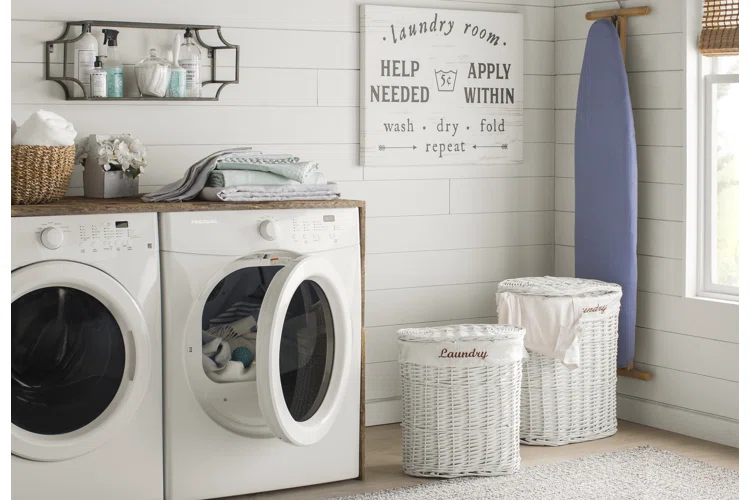Smart home appliances provide many advantages, from energy savings and convenience to being safe and secure ways of running appliances remotely while you’re away.
Smart thermostats and plugs are great tools for saving money by adapting to your daily schedule, while smart sprinklers can reduce water costs by learning your garden’s moisture needs and watering accordingly.
1. Energy Efficiency
Home automation devices can save you money on energy costs by helping you control lighting, set thermostats and save water. Furthermore, these smart home devices may help prevent vampire power loss — when devices that have been turned off continue consuming electricity — from creeping in.
Selecting a smart power strip, for instance, can help alleviate this problem by stopping appliances from drawing power when not needed – effectively eliminating their “phantom load”. Furthermore, smart outlets learn your energy use patterns and utility grid data before switching on and off accordingly.
Energy efficiency has never been more essential to combating pollution and greenhouse gases. Policymakers must increase the ambition of their appliance efficiency policies while broadening them out to cover digital connected devices.
2. Convenience
Smart appliances make life simpler by giving you control of what happens and when, saving both time, stress and money over time.
One such thermostat is a smart heating thermostat, which adjusts your home’s temperature based on weather and will notify you if there’s an issue. Furthermore, these smart heating thermostats can switch off automatically when no one is present to save energy and lower energy bills.
Smart appliances make life less complicated by helping to control not only the temperature in your kitchen and bedroom but also those of your refrigerator and washing machine – saving on utility costs while making laundry day less hectic!
3. Security
Smart appliances provide not only more convenience and energy savings than their conventional counterparts, but they can also offer enhanced security features. Smart devices can detect suspicious activity and trigger alerts that can be monitored from any location via an app.
Though some may balk at spending on gadgets such as these, they could save you money in the long run by helping reduce electricity bills and making energy-saving choices while you’re away from home. Some even control heating and cooling systems to conserve electricity while maintaining comfortable temperatures in your home.
4. Maintenance
Smart home appliances can help reduce utility bills by monitoring energy use and running cycles during off-peak hours to lower it. Furthermore, these machines can inform you when they require repair or replacement and notify a professional home appliance repair service in advance of a problem occurring.
As technology becomes mainstream, more connected devices and systems are appearing in homes – creating a challenge for the service industry.
As such, service providers must acquire an in-depth knowledge of both how individual appliances function within an overall smart home system and their individual parts – for instance being able to diagnose and resolve broken Wi-Fi connections as well as integrate intelligent assistants for more convenient services.
5. Customization
Smart home appliances can save money over time by helping you monitor energy use and alerting you of issues which might reduce efficiency. They can notify you if a lint trap needs emptying or the refrigerator temperature has reached too much, saving both money and hassle in the process.
Smart home technology also boasts the added advantage of being fully customizable, meaning that it allows you to set appliances for specific tasks before leaving or turning on the television when returning from work.
Schedule them to shut off for the day or switch off when you’re not home – saving electricity and water bills and improving quality of life! Some devices even learn your habits so you can control them according to what makes sense for you!




